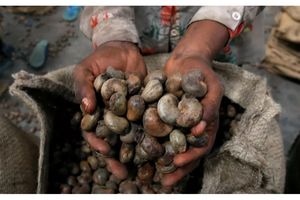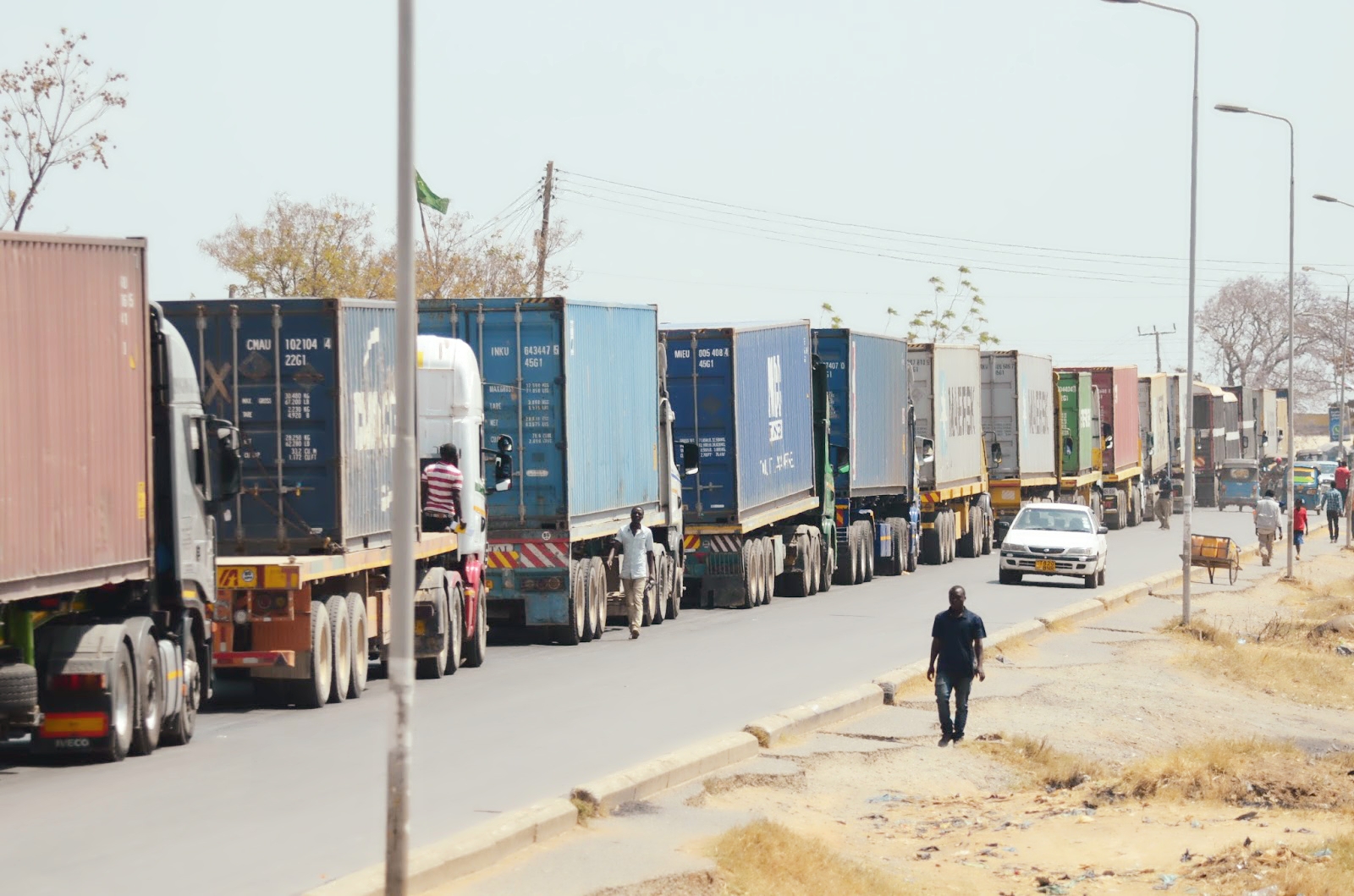‘This Could Be Us’ by Kennedy Ryan: Give yourself a chance

What you need to know:
- This Could Be Us explores love for our children, partners, communities, and, most importantly, ourselves. It’s about embracing the choice to prioritise yourself even when everything around you suggests otherwise.
“When you lose so much. When the world ends over and over and over again, we are no longer butterflies. Those wings are much too fragile to carry us on and through. I’m a hornet. I can love. And I can sting.”
When I read this, I thought about all the heartbreak that women endure. Not the poetic kind they write songs about, but the kind where life doesn’t just change; it shatters. After 20 years of being diminished, he’s arrested for embezzling six million dollars. That’s when it all comes crashing down.
That’s when you find out about the affair with his secretary, who, surprise, is also involved in the embezzlement. Suddenly, all your suspicions about his distance and unavailability make sense. You weren’t paranoid, after all.
“If even half of this is true, then my husband is not who I thought he was. Then, the father of my children is a liar. A criminal. Untrustworthy. Irresponsible. Reckless.”
This is Soledad’s reality in This Could Be Us by Kennedy Ryan. And it’s a reality far too many women will recognise—even if the details differ.
Soledad, a 40-year-old mother of three, suddenly finds herself a single parent with no stable job to support her family. While processing 20 years of betrayal by the man she gave everything to, she has to figure out how to keep a roof over their heads and food on the table.
On her first visit to see her husband in prison, he does what he’s always done—makes her feel small. Makes her feel incapable of raising the children alone, using manipulation as a tool to silence her, especially when authorities start asking questions about the embezzlement.
“You have no money,” he tells her. “They will take the house. What do you have without me, Sol?” “You won’t survive.” Soledad responds, “Watch me.”
With everything she has, she begins to rebuild. She turns her passion and gift for creating a home into a business. And though it’s tough, it becomes a lifeline. It puts food on the table, gives her purpose, and keeps her children in school.
On the other side of this story, we meet Judah—a divorced father of twin boys, an accountant, and Edward’s sworn enemy. Why? Because Judah is the one who helped uncover the truth about the embezzlement. We first hear about him through Edward’s rants, as he complains to Soledad and the children about how much he hates Judah for being “on his neck”.
Soledad and Judah met at Edward’s company Christmas party. It’s their first face-to-face encounter, and the connection is subtle but real. They bond over how bad the food is—one of those small, unexpected moments. Meanwhile, Edward rushes off to find his assistant, as usual.
Through Judah, the story also brings us into the lives of parents raising children with autism. Judah’s twin boys, Aaron and Adam, are both autistic, and Kennedy Ryan handles this part of the story with deep sensitivity and care. She reminds us that autism is a spectrum and that every autistic person experiences life differently. Because of that, support needs to be tailored and thoughtful, just like it is for Aaron and Adam.
“Aaron doesn’t have much expressive language and is classified as level 3, which simply indicates the intensity of support he needs. Adam, classified as level 1, is less ‘observably’ autistic than Aaron to others, so people often assume he needs less support.”
Autism spectrum disorder affects brain development, often impacting communication, behaviour, and social interaction. No two people experience it the same way.
Since his divorce, Judah has focused on work and raising his boys, co-parenting beautifully with his ex-wife. He hasn’t been interested in anyone—until Soledad. Their relationship is complicated, especially when it comes to Soledad’s children. After all, he’s the man who put their dad in prison. Still, that doesn’t stop them from being drawn to each other.
In the early days, when Soledad couldn’t even afford groceries, Judah brought them to her. He warned her about what lay ahead in Edward's case so she could be prepared. He was steady, kind, and present.
Judah’s ready for love—but only if it’s real.
Soledad is still healing, still learning to trust her judgement regarding love. She’s scared of making the same mistake, terrified of giving her heart to the wrong person again.
Some say the strongest love starts with friendship. It makes space for honesty, tough conversations, and vulnerability. So Judah and Soledad begin there—slowly, carefully. Will it stand the test of time? Only time will tell.
This Could Be Us explores love for our children, partners, communities, and, most importantly, ourselves. It’s about embracing the choice to prioritise yourself even when everything around you suggests otherwise. It is about standing up for yourself, unapologetically.
Jane Shussa is passionate about books, coffee, nature, and travel. She serves as a Senior Digital Communications Officer for Twaweza East Africa.





